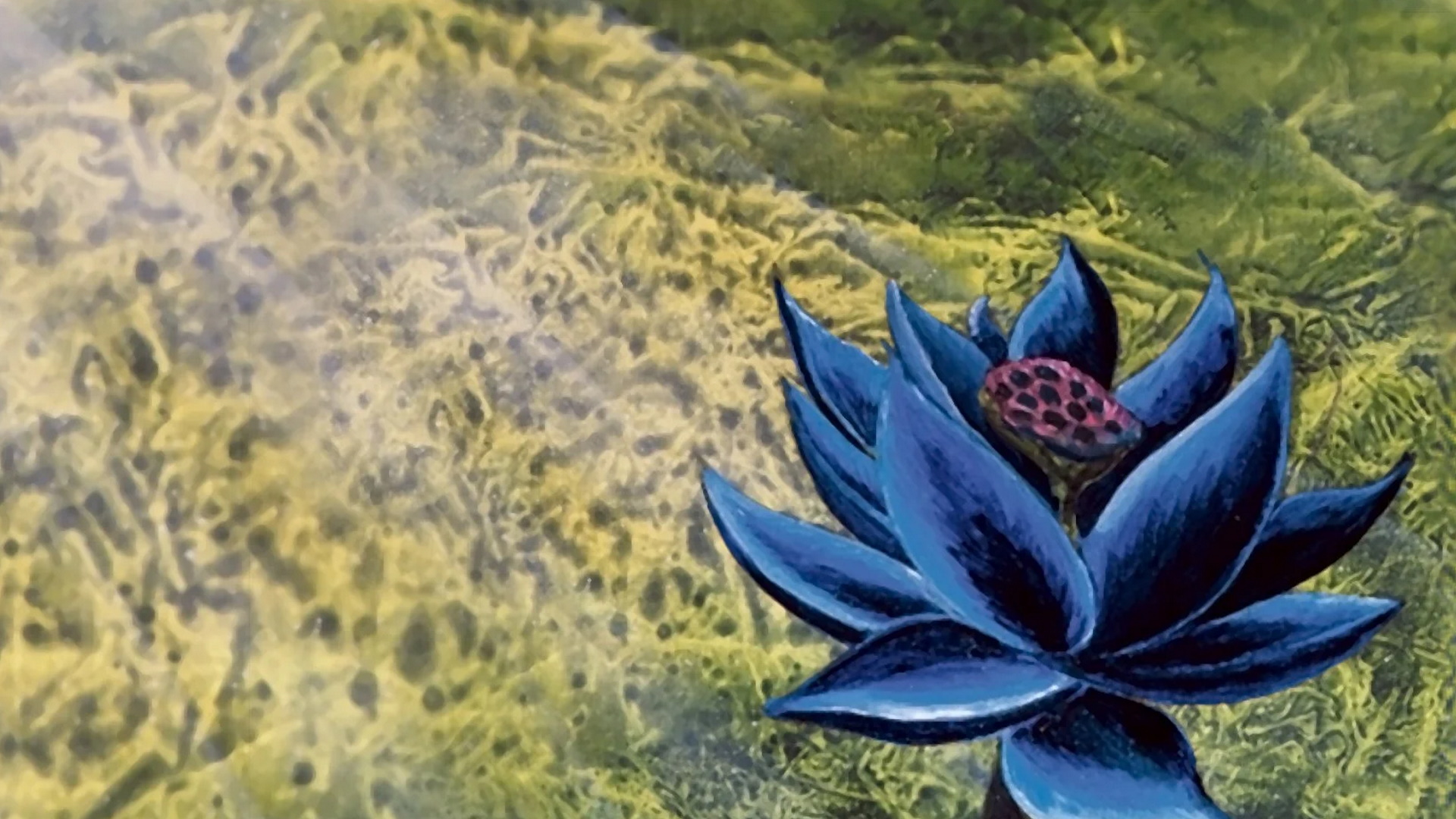The most absurd Magic collection I've ever seen, including a Black Lotus that's 'the best of the best', is going for a mere $2.2 million
They're all artist proofs, for a start, but things get much more special.

A frankly absurd Magic The Gathering collection has been put on-sale, but us mere peasants need not apply. Listed as "1st Edition Magic The Gathering Artist Proof Set" the first line of the seller's description kind of says it all: "This is not a joke."
The lot consists of 302 cards that are all first edition artist's proofs. An artist's proof is a card from a limited print run that takes place before any larger commercial print run, which allows the artist to check their work and make changes before committing to the card's final look. "Some call them beta APs," says seller TheLotusVale. "This set took about 20 years to build. Luckily, I started back before they became super hard to find."
280 of the 302 cards have a glossy back and the remaining 22 have a matte back: The latter should apparently be considered "placeholders until you find a glossy back AP, if any still exist." A single first edition artist's proof card with the glossy back would be worth a pretty penny, but this set is somehow even more special than that.
"All cards are signed by the original artist," says the seller. "Additionally, all cards include recreation art, by the original artist, with 11 exceptions." These 11 cards come alongside a second, unsigned card which has recreation art by another Magic The Gathering artist, with a particularly notable example being the Black Lotus, for which "the set includes a Blacker Lotus AP with a sketch on the back done by Chris [Rush]."
Christopher Rush was an illustrator who died in 2016, and responsible for much of the early MTG artwork, including the Black Lotus. Of the other 10 cards, several were originally illustrated by Quinton Hoover, one of the key artists from MTG's beginnings, who died in 2013. The artists chosen to do the recreation art for these cards, says the seller, were chosen "because they were among the original MTG contributors, they knew Quinton personally, and they were not artists represented in this first edition set. As part of this effort, I requested that they each hide a 'Q' somewhere in the art, and they all did. Some a little too well. One actually requires a black light to see."
As if this all wasn't enough, there's more on the Black Lotus. The Black Lotus is the Holy Grail for MTG collectors, a card so incredibly rare and sought-after that one in mint condition went for $3 million last year. The current asking price for this set is $2.2 million, but this Black Lotus may be even more special.
"As for the Black Lotus, you'll notice that it is also numbered," explains the seller. "This makes it among the rarest of the Lotuses. Chris only numbered eight. The others he either just signed or left blank. This Lotus AP is not comparable to other non-numbered examples. It is the best of the best."
The biggest gaming news, reviews and hardware deals
Keep up to date with the most important stories and the best deals, as picked by the PC Gamer team.
The seller says they'll consider separating out the Lotus, but otherwise the whole thing has to go as a set. This is a truly amazing collection ("and the pictures don't do it justice") which was "very expensive" to assemble, "but it was also an amazing journey. I met collectors from around the world, and I got to work with all these amazing artists. For the connections I've made with these two groups of people, I will be forever grateful."
If you have any love for MTG, then just spend a few minutes salivating over the listing's pictures. I've seen rare Magic cards over the years, but never such an outstandingly comprehensive and lovingly assembled collection that boasts so many unique elements: And with some of the original artists now dead, it is impossible for parts of this to be replicated. I don't have $2.2 million but, if I did, I wouldn't have it for very long.

Rich is a games journalist with 15 years' experience, beginning his career on Edge magazine before working for a wide range of outlets, including Ars Technica, Eurogamer, GamesRadar+, Gamespot, the Guardian, IGN, the New Statesman, Polygon, and Vice. He was the editor of Kotaku UK, the UK arm of Kotaku, for three years before joining PC Gamer. He is the author of a Brief History of Video Games, a full history of the medium, which the Midwest Book Review described as "[a] must-read for serious minded game historians and curious video game connoisseurs alike."

